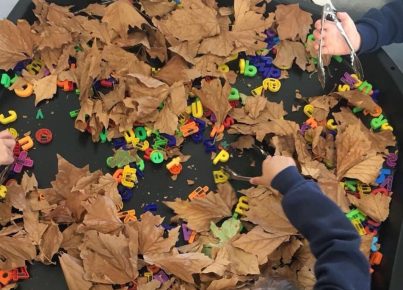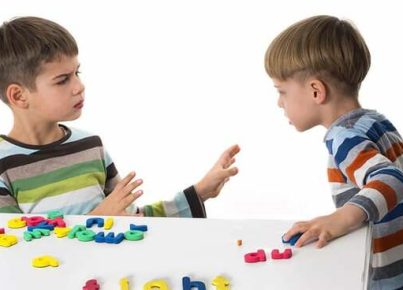Introduction:
After a year of remote learning and social isolation, many parents are concerned about their kids “catching up” academically. However, as we welcome this summer, the focus should shift from academics to playtime. While it might seem counterintuitive, integrating play into children’s summer routines can significantly contribute to their overall development and well-being.
The Importance of Play for Development:
1. Social Skills: Through play, children learn how to interact with others, share, negotiate boundaries, and express their feelings constructively. These social skills are crucial in building friendships and navigating various social scenarios throughout their lives.
2. Emotional Well-being: Taking part in engaging activities allows children to express themselves emotionally, contributing to improved mental health. Play encourages creativity and self-expression, which helps instill confidence and resilience in children.
3. Physical Health: Outdoor play promotes physical fitness, coordination, and gross motor skills development. It also exposes children to sunlight, stimulating the body’s production of vitamin D – a vital nutrient for bone growth and immune system support.
4. Cognitive Development: Playing games that involve memory or problem-solving stimulate critical thinking skills in children. Puzzles, riddles, Legos, and board games help teach kids how to strategize and make decisions while having fun.
5. Strengthening Family Bonds: Collaborative play between parents and children establishes a strong connection within the family unit. Parents can engage in outdoor activities with their children or participate in board games during family nights.
Tips for Encouraging Play This Summer:
1. Set a Schedule: While keeping a sense of structure is essential during summertime, make sure to establish flexible hours where children can engage in independent or group play sessions.
2. Create Outdoor Opportunities: Encourage your child to participate in outdoor sports like soccer or basketball or simply enjoy recreational activities like swimming, hiking, or biking.
3. Offer Interesting Play Materials: Provide a variety of age-appropriate toys that engage various senses – such as paints, building blocks, puzzle games, or sand and water stations.
4. Foster Creativity: Create an environment that supports artistic expression by offering materials for sketching, painting, or pottery. Allow kids to explore using different media while learning the importance of freedom in creation and expression.
5. Limit Screen Time: Set boundaries on screen time and promote alternative options for play, like reading, crafts, or interactive games instead.
Conclusion:
As tempting as it might be to emphasize academics this summer to “catch up,” it is essential to recognize the importance of play for children’s overall development. Play encourages creativity, emotional expression, social skills development, and physical health in kids. By fostering a playful environment this summer, parents can contribute significantly to their child’s well-being and growth.




